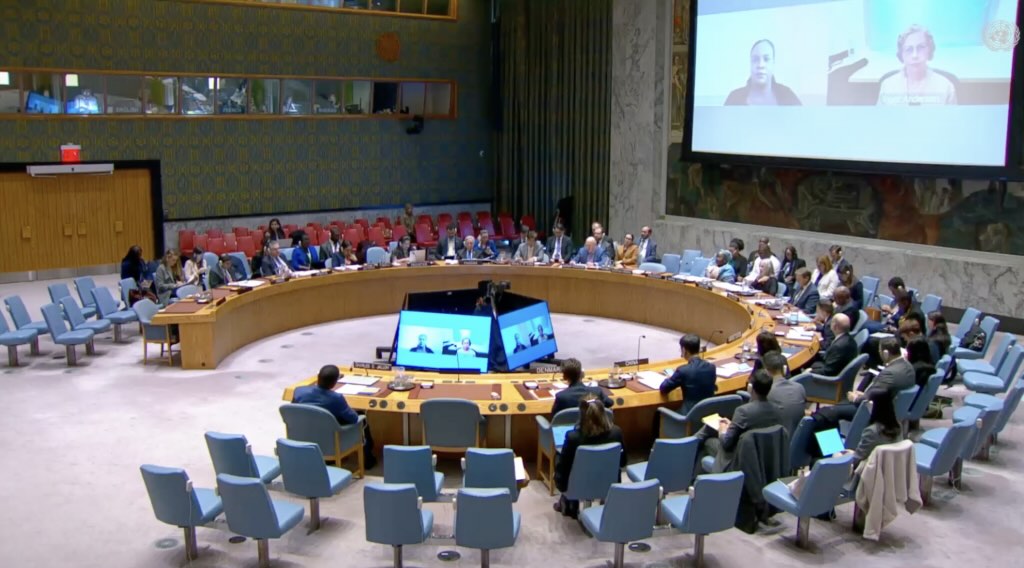6 November 2025
Mr. President,
We have closely listened to the speakers and studied the concept note.
We have no doubt about the relevance of climate and environmental issues. They need to be addressed. But this should be done in formats designed specifically for this purpose, at a professional rather than a propaganda level. Russia has never recognized the generic linkage between climate change and peace and security issues, nor the need to discuss it in the Security Council.
We have held this position since 2007, when the UK proposed singling out climate change as a separate threat to international peace and security. However, the climate-security nexus is not scientifically substantiated, as the Intergovernmental Panel on Climate Change suggests. When overemphasizing the problem of climate change, we ignore external and internal factors of instability, namely socio-economic, political, historical, etc., not to mention interference in the internal affairs of sovereign States.
All these factors place a heavy burden on countries that are unable to break free out of the vicious circle of underdevelopment and vulnerability fraught with various kinds of shocks. Each specific country’s situation must be considered with due regard of the whole gamut of factors. Conversely, boiling down the causes of crises to climate or environmental problems essentially means an inappropriate narrowing of the Security Council’s work. Article 35 of the First Additional Protocol to the 1949 Geneva Conventions prohibits methods and means of warfare which are intended or are very likely to cause severe environmental damage. This very message is also reiterated in General Assembly resolution 56/4, mentioned in the concept note, which proclaimed yet another thematic international day. It goes without saying that the problem of groundwater contamination in Gaza cannot be downplayed, which is mentioned in the concept note, but the Security Council’s main task was to stop the tragedy of bloodshed in Gaza among civilians.
We would like to emphasize once again that there is a path to resolve climate problems in particularly vulnerable countries, and this path lies through cooperation within the framework of existing international legal obligations and on the basis of mechanisms and intergovernmental decisions taken under the auspices of relevant global and regional conventions.
The most universal instrument for responding to climate challenges is the United Nations Framework Convention on Climate Change (UNFCCC), and Brazil will soon host the 30th session of the Conference of the Parties thereto. We also expect constructive work on a unifying agenda at the upcoming 7th session of the UN Environment Assembly in Nairobi late December. What is also noteworthy is the cooperation under the Convention on Biological Diversity (CBD), the UN Convention to Combat Desertification (UNCCD), the “chemical” conventions as they are known, and the Convention on the Protection and Use Transboundary Watercourses.
We support discussions on mobilizing additional funding for climate change adaptation in developing countries, including in African States. We would like to recall here that the commitment to raise $100 billion annually remains unmet, the adaptation spending has not yet reached 40% of total climate aid, and investment in infrastructure and technology transfer are bypassing most of the poorest countries.
The readiness of developed countries to contribute to combatting climate change will be largely tested by how they will implement the decisions adopted under the UNFCCC on filling the Loss and Damage Fund.
Finally, in his report to the Second Committee of the General Assembly this year, the UN Secretary-General acknowledged the detrimental impact of unilateral sanctions on development and the provision of humanitarian assistance by the UN. Addressing these issues is an important task for the international community. We will continue to pay special attention to this issue, including when designing projects to provide assistance to countries in need on behalf of Russia.
Thank you.

